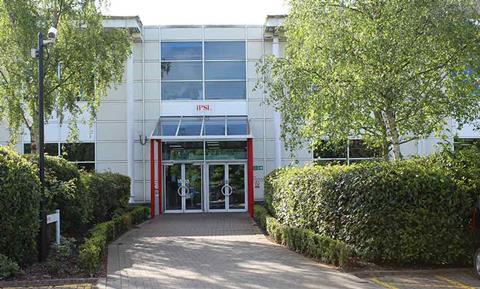
Paying by cheque might be on the decline but IPSL processes over £250bn worth of cheques every year. A joint venture between Unisys, Barclays, HSBC and Lloyds Banking Group, IPSL, which employs 600 people, does not have a profit-making business model. Targets are based on cost savings, which go to shareholders, as well as IPSL’s clients. This context can make benefits quite challenging, says Ema Urlic, head of HR.
While IPSL had historically offered flexible benefits for some time, these were mainly for senior employees. In 2019, benefits were extended to the whole population. However engagement remained low, with most employees not logging in to submit their choices.
In 2023, IPSL decided to fully rebrand its benefits package, working with Benifex. “We looked at company-funded benefits like life assurance and death in service and found lots of [employees] didn’t know about or understand them,” Urlic says.
The death-in-service benefit was costly to provide, so IPSL decided to reinvest the money, changing contractual terms to allow the remaining funding to be allocated to a new flex fund, You+, of £300 per employee. The flex fund can be used towards any benefit apart from pensions. Employees can top up employer-funded benefits, such as health cash plans and life assurance, or buy voluntary benefits like technology vouchers.
Since launching the flex fund , 96% of employees have used the platform, with voluntary benefits selection increasing to 92% from 57%. “It was important to us to let people make their own decisions,” says Urlic. “We tried to offer as much as we could, within the constraint of it being affordable.”
Communication has been critical. IPSL did not rely solely on emails, using champions to ensure people had a local contact to explain everything. This also meant it was not seen as an HR initiative. Personal success stories have helped.
When it comes to making the most of a restricted budget, working closely with finance and procurement is key, as well as partnering with providers to access additional services and communications collateral like webinars, says Ulric. Taking a total reward perspective is also beneficial. “When we talk to remco [the remuneration committee], we share compensation and how we’re looking at benefits: it’s looked at in the round,” she says.
















